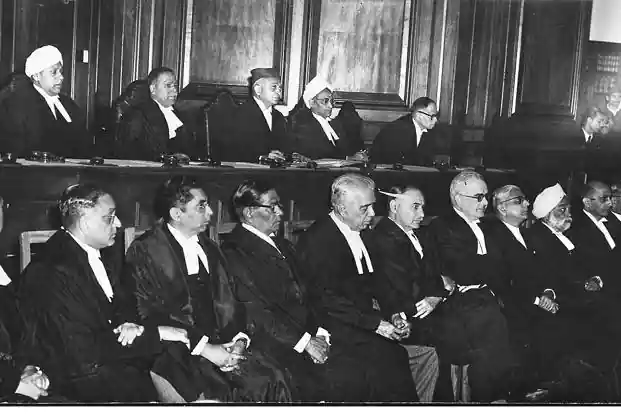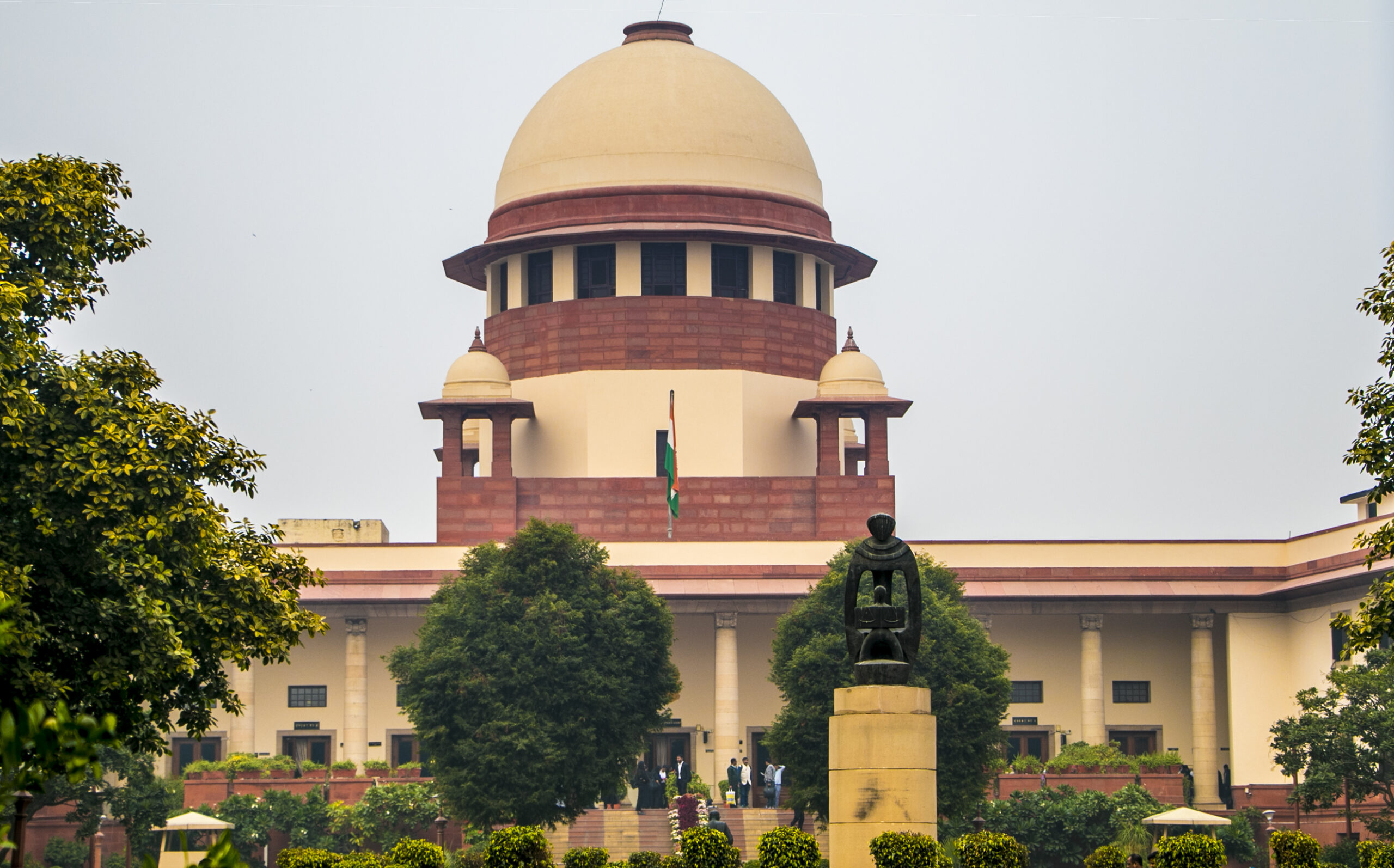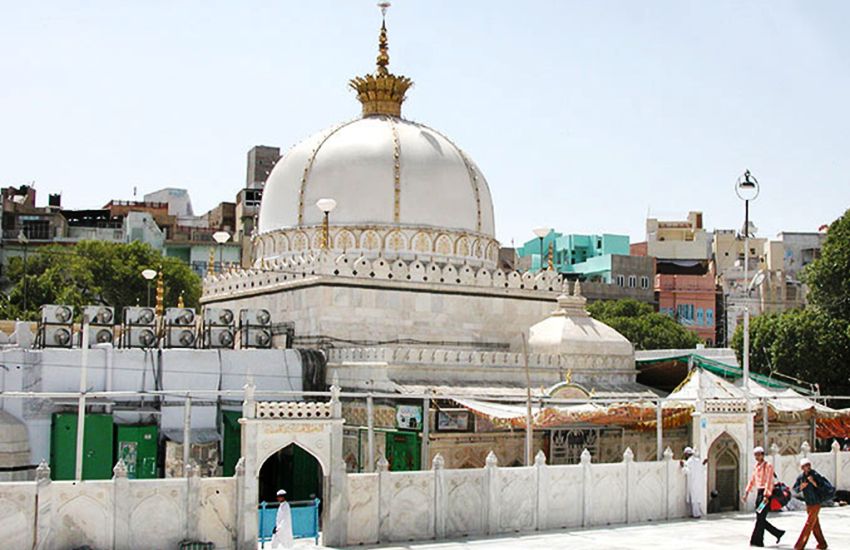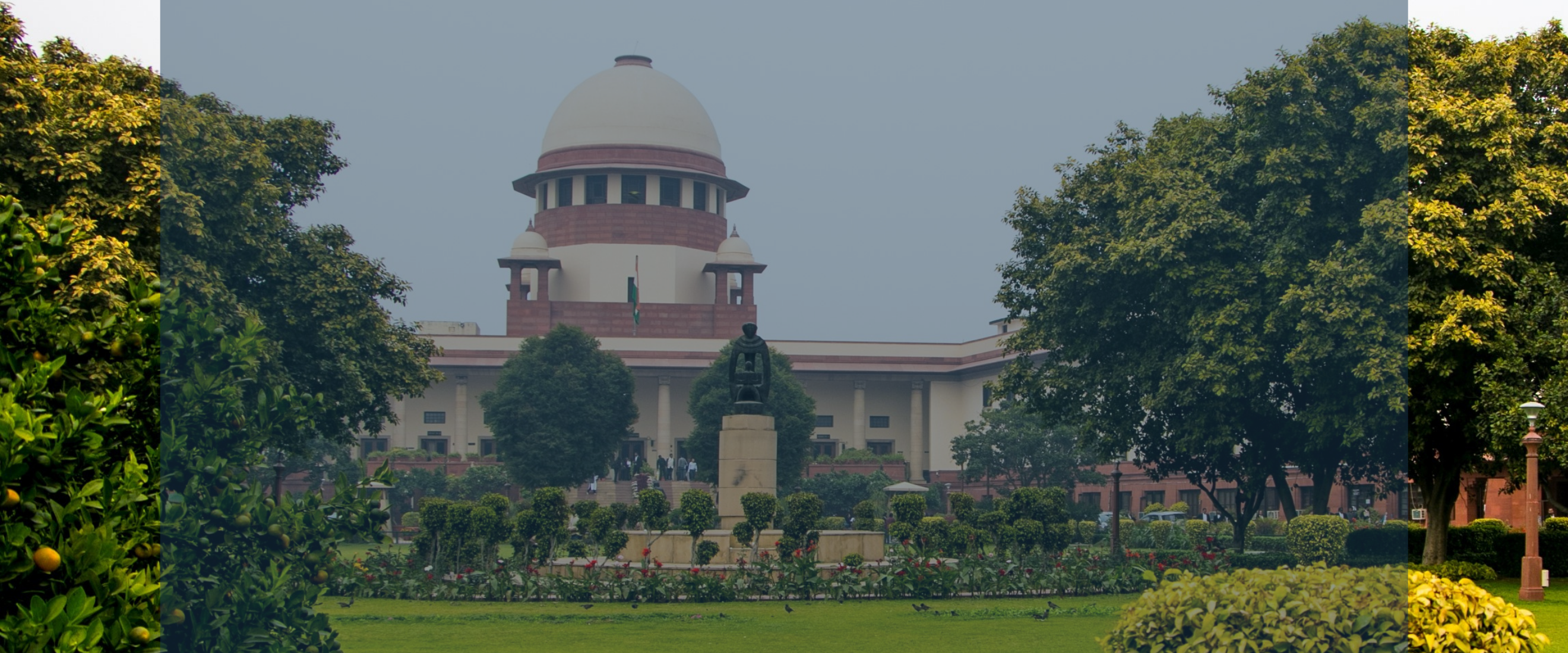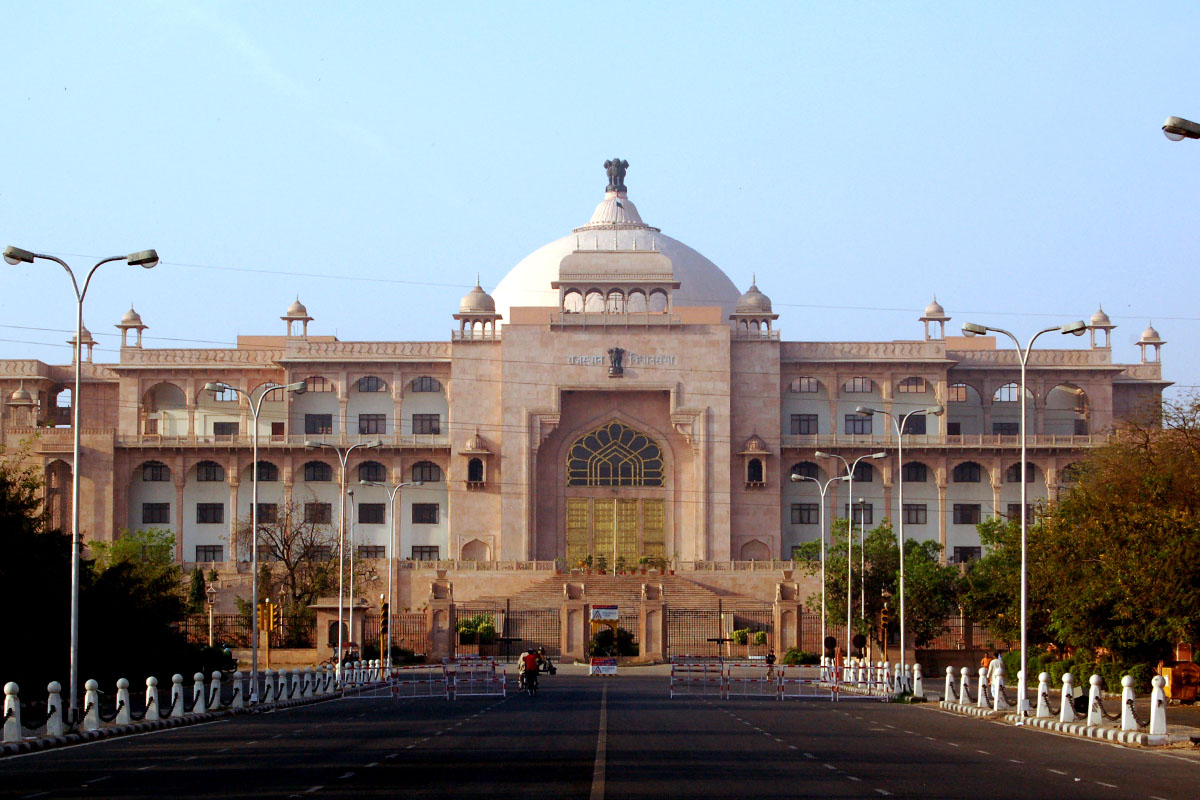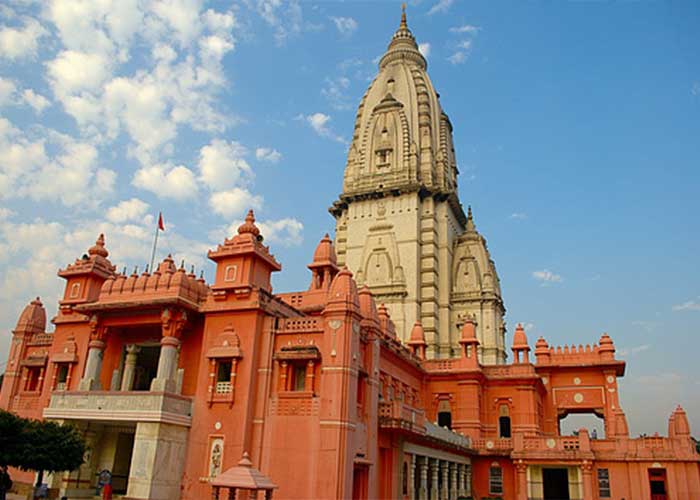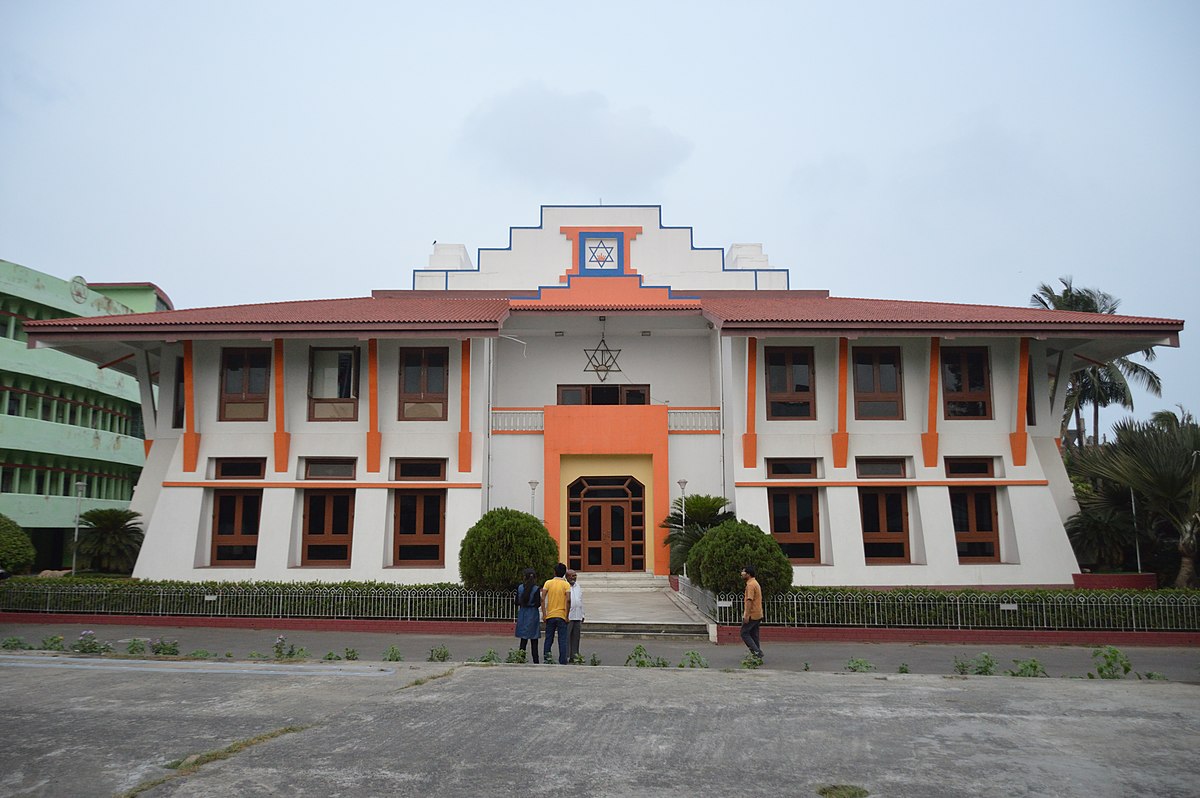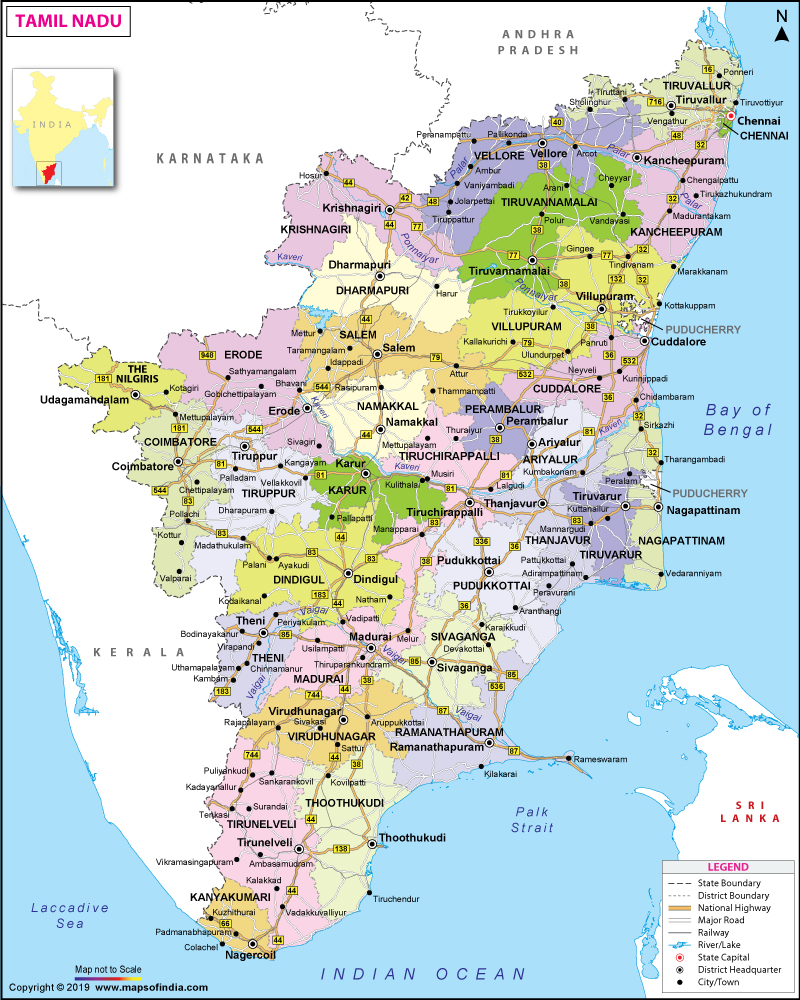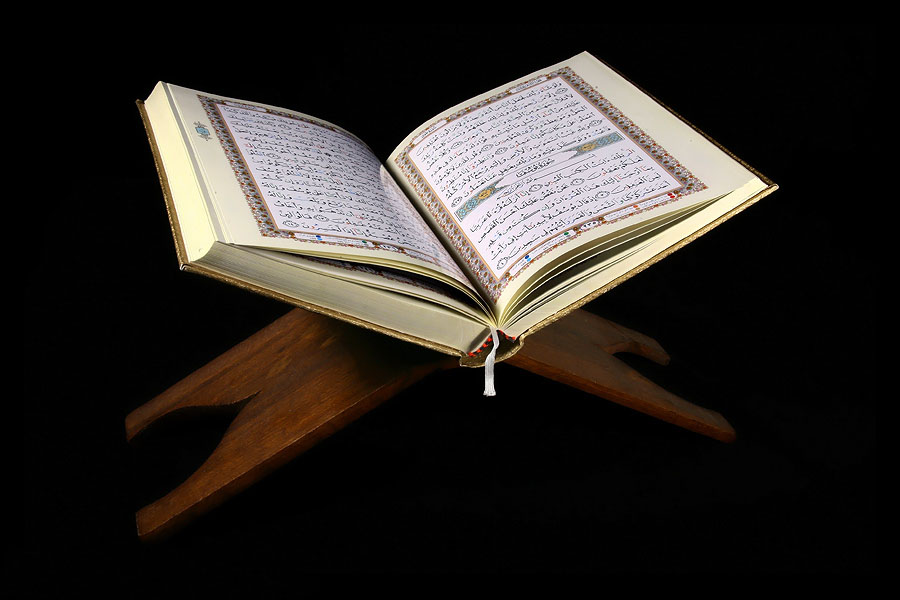Analysis
Essential Religious Practices: Court in Review
The essential religious practices (ERP) doctrine governs which religious practices are protected under Arts. 25 & 26 of the Constitution
1954
The Commissioner, Hindu Religious Endowments, Madras v Shri Lakshmindar Tirtha Swamiyar of Shri Shirur Mutt
In 1954, a seven-Judge Bench of the Supreme Court held that “[w]hat article 25(2)(a) contemplates is not regulation by the State of religious practices as such, the freedom of which is guaranteed by the Constitution except when they run counter to public order, health and morality, but regulation of activities which are economic, commercial or political in their character though they are associated with religious practices.” The Court rejected a suggestion by the Advocate General of Madras which proposed that only “essential” practices of a religion be given constitutional protection, pointing out that “what constitutes the essential part of a religion is primarily to be ascertained with reference to the doctrines of that religion itself.”
1959
Sardar Sarup Singh v State of Punjab
The Supreme Court heard a challenge against section 148-B of the Sikh Gurudwaras Act, 1925, which provided for the setting up of a Gurudwara Board and introduced new members. The petitioners argued that s. 148-B infringes Article 26(b) of the Constitution, which grants every religious denomination the right to manage its own affairs in matters of religion, for it does not allow for direct elections of members of the Board by the Sikh Community. The argument advanced by the State of Punjab was that matters of religion in the sense of essential beliefs and practices of the Sikh faith are left untouched by section 148-B, and even other relevant sections of the principal Act do not interfere with Sikh religion. Applying what is now known as the ‘essential religious practices test’, the Supreme Court upheld the constitutionality of section 148-B. It was observed that no authoritative text had been placed before the Court to show that direct election by the entire Sikh Community to the Gurudwara Committees in charge of the management was essential to the religion itself.
1961
Durgah Committee, Ajmer v Syed Hussain Ali
The Supreme Court decided on a challenge to the Dargah Khwaja Saheb Act, 1955 which claimed that it violated the fundamental rights of Muslims belonging to the Soofi Chistia Order. They members of the order claimed it was they who were the sole custodians of the shrine at Ajmer. The Act, however, permitted all Hanafi Muslims to partake in the maintenance and affairs of the Dargah. The Court rejected the challenge to the Dargah Act observing that the tomb had never been confined to members of the Soofi Chistia Order. The Court further held that in order that the practices in question should be treated as a part of religion they must be regarded by the said religion as its essential and integral part; otherwise even purely secular practices which are not an essential or an integral part of religion are apt to be clothed with a religious form and may make a claim for being treated as religious practices within the meaning of Article 26. Similarly, even practices though religious may have sprung from merely superstitious beliefs and may in that sense be extraneous and unessential accretions to religion itself. The protection must be confined to such religious practices as are an essential and an integral part of it and no other.
1962
Sardar Syedna Taher Saiffuddin Saheb v State of Bombay
The Supreme Court applied the ERP test to determine whether the Bombay Prevention of Excommunication Act, 1949 violated the fundamental rights under Articles 25 and 26 of the Dawoodi Bohra Community. The Head Priest of this community was vested with certain powers, one of which included the power of excommunication, which was to be exercised in accordance with the tenets of the community. Such power, it was argued, was integral to the religious faith and beliefs of the Dawoodi Bohra Community which was a religious denomination under Article 26 of the Constitution. With a 4:1 majority, the 5 Judge Bench of the Supreme Court upheld the right and power of excommunication bestowed upon the Head Priest of the Dawoodi Bohra Community. It was further observed that what constitutes an essential practice is to be gathered from the texts and tenets of the religion. The legislature, the Court added, was not permitted to reform a religion out of existence or identity.
1963
Tilkayat Shri Govindlaji Maharj v State of Rajasthan
In a challenge to the Nathdwara Temple Act, 1959 enacted by the State of Rajasthan by the Tilkayat, the question before the Court was whether the tenets of the Vallabh denomination and its religious practices restricted worship to private temples managed by the Tilkayat alone. If so, would an Act enacted for the management of the Temple would be ultra vires the Constitution in view of Article 25. It was held that a practice is considered essential to a religion if it is essential to the community following the religion. Furthermore, Article 25(1) and 26(b) offers protection to religious practices. Affairs which are purely secular may be regulated by statute without infringing the aforesaid articles. In order that the practices in question should be treated as a part of religion they must be regarded by the said religion as its essential and integral part; otherwise even purely secular practices which are not an essential or an integral part of religion are apt to be clothed with a religious form and may make a claim for being treated as religious practices within the meaning of Article 26.
1972
Seshammal & Ors v State of Tamil Nadu
Questioning the validity of the Tamil Nadu Hindu Religious and Charitable Endowments (Amendment) Act, 1970, the petitioners claimed a violation of Articles 25 and 26 of the Constitution. The Court disagreed. It was held that the purpose of the Act was to regulate secular functions like management and administration, which included the appointment of the Archaka. It did not however aim to regulate or change the rituals and ceremonies followed in the temples. The Court however clarified that while the appointment of Archakas was a secular function, the sect or denomination from which they were to be appointed was to be in accordance with the Agamas as that was essential to and firmly embedded in the religion.
1997
Sri Adi Visheshwara of Kashi Vishwanath Temple, Varanasi & Ors. v State of UP & Ors
Upholding the validity of the U.P. Sri Kashi Vishwanath Temple Act, 1983, the court drew a distinction between the religious and secular functions of the Temple. The impugned Act, it was held, only pertained to the latter, i.e. the secular functions of administration and management of the Temple. These were not essential or intrinsic elements to the practice of the religion and the Legislature was thus competent to enact a law that did not entrust the Government with the power to interfere with the day-to-day religious practices.
2004
Commissioner of Police v Acharya Jagadisharananda Avadhuta
The Court applied the test of essential religious practices in deciding whether the Tandava Dance was an essential rite of the Ananda Marga Faith as held by the High Court. Though the Ananda Marga faith was founded in 1955, the Tandava dance was introduced to its followers in 1966 and was prescribed as an essential religious practice in the Carya Carya in 1986. Despite this scriptural injunction, the Court in its majority opinion held that the Tandava Dance was not an essential practice of the Ananda Marga faith. The Court observed that in order to determine whether or not a particular practice is an essential part of religion, the test must be whether the absence of the practice itself fundamentally alters the religion.
2016
Adi Saiva Sivachariyargal Nala Sangam v Government of Tamil Nadu
An amendment to the Tamil Nadu Hindu Religious and Charitable Endowments in 1970 abolished the practice of appointing religious office holders on a hereditary basis. The Court upheld the amendment’s constitutionality in 1972 in the Seshammal Case. However, in 2006, a government order was issued directing that Archakas of the temples were to be appointed without any discrimination stemming from customs on the basis of caste or creed. This Government order was for interfering in essential matters of the denomination of Archakas. Relying on the decision in Seshammal, the Court reiterated that though appointment was a secular function, the denomination of the Archakas must be in accordance with the Agamas. The Agamas restricted the appointment of Archakas to particular religious denominations. However, the Court did go on to hold that religious treatises like the Agamas must conform to the constitutional mandate and not practice exclusion on the basis of constitutionally prohibited criterion like Caste.
2017
Shayara Bano v Union of India
Rejecting the argument that the practice of Triple Talaq was an essential practice under Islam, the Supreme Court held that it was not an essential practice and could not be offered constitutional protection under Article 25. The Court held that it was against the basic tenets of the Quran and thus violative of the Shariat. A practice that is merely permitted or not prohibited by a religion cannot be considered an essential or positive tenet sanctioned by that particular religion. Triple Talaq is only a form of talaq which is permissible in law, but at the same time, stated to be sinful by the very Hanafi School which tolerates it. Therefore, this would not form part of any essential religious practice as the fundamental nature of the Islamic religion, as seen through an Indian Sunni Muslim’s eyes, will not change without this practice.

